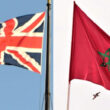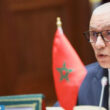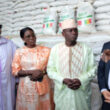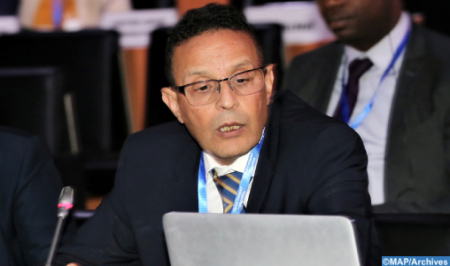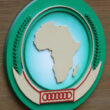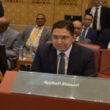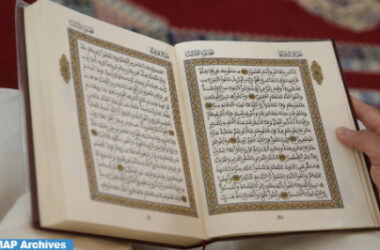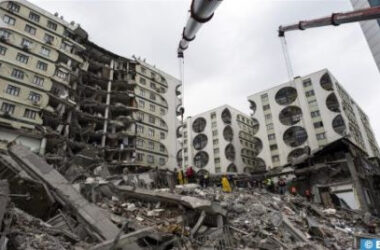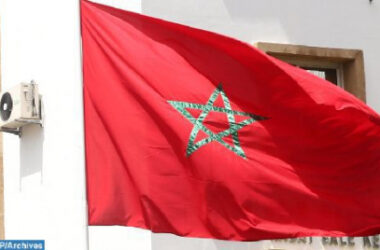Speaking at a seminar on the link between terrorism and separatism, held at the University of Nairobi, the Moroccan diplomat explained that this link could be weakened by strengthening synergies and bringing together efforts on the African continent at national, sub-regional and regional levels, taking into account the requirements and specificities of countries.
The Kingdom, under the leadership of His Majesty King Mohammed VI, is making tireless efforts to combat the root causes of extremism and terrorism, by eliminating marginalization and exclusion and combating climate change and threats to food security, stressed Laassel, noting that the royal vision is based on the idea of a global commitment at different levels, lending a hand and accompanying brotherly African countries in the various stages of achieving security and development.
These actions were manifested through the Kingdom’s participation in the UN peacekeeping forces deployed in Africa and the effective contribution to the fight against terrorism, through a comprehensive and innovative approach aimed at eliminating terrorism and separatism at its source, including the training of imams and morchidines, from which also benefit the brotherly African States, he illustrated.
Morocco, which has always ensured respect for the territorial integrity of States, will continue to call for an international environment characterized by respect for national unity, territorial integrity, security and stability, said the Moroccan diplomat.
Morocco has always believed that the fight against this scourge requires a collective will, as well as a solid and concerted action, he continued, adding that Rabat has always emphasized the importance of the relationship “peace, security and development” as an important lever for integration.
The growing number of individuals moving from separatist groups to terrorist groups and vice versa is a worrying trend, Laassel warned, noting that these individuals are usually financed, harbored, supported and armed by neighboring countries that promote the spread of terrorism and further undermine regional peace and security.
The Sahel-Saharan region is a major area of illicit activities and a transit corridor to different parts of the world for small arms and drugs, where the “polisario” is a concrete example of three overlapping agendas: that of terrorism, separatism and organized crime, he said, pointing out that links between members of the “polisario” armed terrorist group and radical Islamist movements go back to the 1980s.
In this regard, the ambassador recalled that the former public enemy number 1 in the Sahel is a pure product of the armed group “polisario”, saying that Abu Walid al-Sahrawi, whose real name is Lahbib Ould Abdi Ould Said Ould El Bashir, left the camps of Tindouf in 2010 and created and joined several terrorist organizations responsible for a number of terrorist attacks and kidnapping in different countries in the region.


